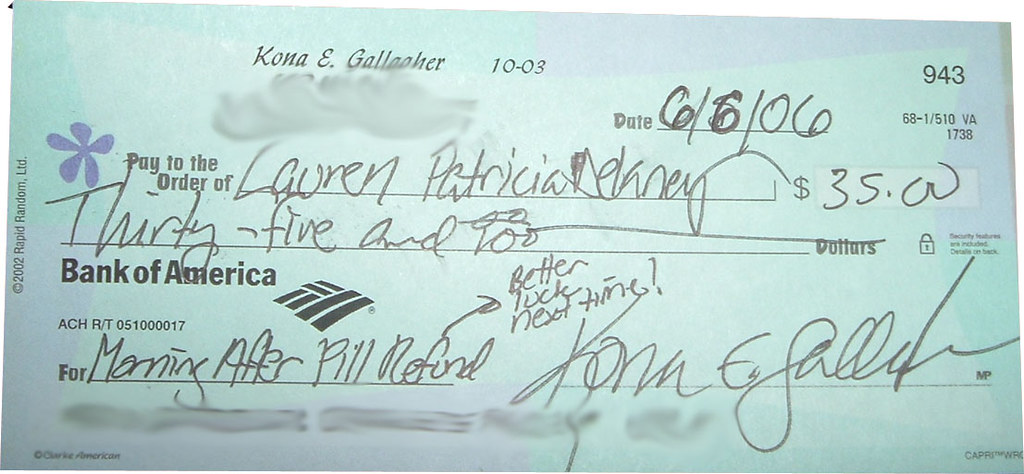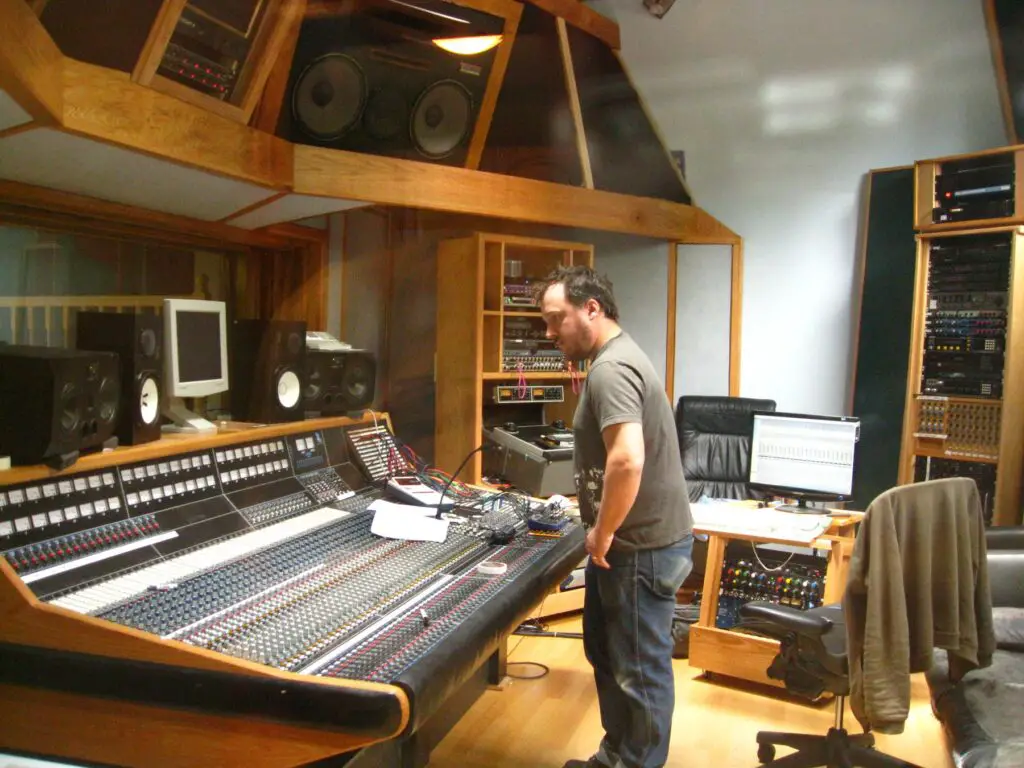
Table of Contents
Understanding Music Production Contracts
Music production contracts are agreements between a music producer and a client such as a record label or artist. These contracts outline the terms and conditions of the producer’s services, including payment. Understanding the terms of these contracts is crucial to ensure that you are being compensated fairly for your work.
Common Contract Terms Related to Payment
Common contract terms related to payment include the percentage of royalties the producer will receive, the amount of upfront fees, and the timeline for payment. It is important to carefully review and understand these terms to ensure that you are being compensated fairly for your work.
Negotiating Payment Terms as a Music Producer
Negotiating payment terms is an important aspect of being a music producer. It can be challenging to determine what is fair compensation for your work, especially when working with clients who have different budgets and expectations.
When negotiating payment terms, it is important to have a clear understanding of your own worth and the value you bring to the project. Consider factors such as your experience, reputation, and the demand for your services. This can help you determine what percentage of royalties or upfront fee you should negotiate for.
You should also be prepared to compromise and be flexible in your negotiation tactics. Consider offering alternative payment structures, such as points or flat fees, if the client is not willing to pay a higher percentage of royalties or upfront fee.
Putting Payment Terms in Writing
Finally, it is important to put all payment terms in writing within the music production contract. This will ensure that both parties have a clear understanding of the agreed-upon payment structure and can help avoid any misunderstandings or disputes down the line. When drafting the contract, be sure to clearly outline the terms and conditions related to payment, including the percentage of royalties, any upfront fees, and the timeline for payment.
Negotiating payment terms can be challenging, but understanding the terms of your music production contract and being prepared to negotiate can help you ensure that you are being fairly compensated for your work.

Royalty Payments: Ongoing Compensation for Music Producers
Royalty payments are a popular payment structure in the music industry, where music producers receive ongoing compensation for their creative work. As a music producer, royalty payments can be a valuable and reliable source of income.
Royalty payments are typically calculated as a percentage of the revenue generated by the music you produce. The percentage of royalties you receive is determined by the ownership you have in the music. For example, if you own 50% of the rights to a song, you will receive 50% of the royalties generated by that song.
One of the advantages of royalty payments is that they provide the potential for long-term, consistent income. If the music you produce becomes successful, you can earn more money over time. However, it’s important to note that royalties can take time to accumulate, and there is no guarantee that the music will be successful.
Another benefit of royalty payments is that they offer steady earnings, regardless of the music’s format. Whether the music is streamed, downloaded, or played on the radio, royalties are a reliable source of income. Additionally, royalty payments continue even after the music producer has completed their work, making them a passive income stream.
On the downside, royalty payments are dependent on the success of the music, which is not guaranteed. Furthermore, royalty payments are subject to changes in the music industry and fluctuations in consumer demand for the music, which can impact the producer’s earnings.

Upfront Fees: One-time Payments to Producers
Upfront fees are a payment structure commonly used in the music industry. This type of payment structure provides a one-time payment to the music producer for their services.
The amount paid in upfront fees can vary depending on the project, music producer’s experience, reputation, and other factors. For example, a music producer with years of experience and an established reputation may command a higher upfront fee compared to a less experienced producer.
The main advantage of upfront fees is that they provide immediate compensation to the music producer. Additionally, experienced music producers may be able to negotiate a higher fee based on their reputation, skills, and other factors. However, the downside is that upfront fees are a one-time payment and may not provide ongoing income to the music producer.
It is important for music producers to carefully consider the payment structure offered before accepting any job. An upfront fee may be suitable for a short-term project, but may not be ideal for a long-term project that requires ongoing work. Music producers should also consider the potential for royalty payments or other forms of compensation in addition to upfront fees.
Overall, upfront fees can be a valuable payment structure for music producers, providing immediate compensation and the potential for negotiating a higher fee based on experience and reputation. However, it is important to weigh the pros and cons of different payment structures to ensure that the payment structure aligns with the producer’s goals and expectations.
Other Payment Structures for Music Production
Apart from royalty payments and upfront fees, music producers may receive payment through other structures such as flat fees and points.
Flat Fees: This payment structure involves a set amount paid to the producer for their services. It is commonly used for smaller projects or for producers who are just starting out. The advantage of this payment structure is that producers receive a guaranteed payment for their services. However, the downside is that they may miss out on potential earnings if the project becomes a commercial success.
Points: Points are a percentage of revenue generated by the music, similar to royalty payments. However, points are typically awarded to the producer in addition to an upfront fee or royalty payment. This payment structure is commonly used for larger projects, such as film scores or major label album releases. Producers who receive points have the potential to earn more money if the music becomes a commercial success. However, the downside is that there is no guarantee of payment, and the producer may not earn any money if the project does not perform well commercially.

Factors that Affect a Music Producer’s Payment Structure
As in any industry, a music producer’s payment is influenced by various factors, including their experience, reputation, and demand for their services. Here are some of the factors that can impact a producer’s payment:
Experience
Experience is one of the most significant factors that can impact a music producer’s payment structure. Producers who have been in the industry for several years and have a track record of producing hit records can charge more for their services. They can also negotiate more favorable terms, such as a larger percentage of royalties or upfront fees.
Reputation
A music producer’s reputation is another crucial factor that can influence their payment structure. Producers who have worked with successful artists and produced hit records are more likely to command higher fees and more favorable payment terms. Their reputation can also lead to more opportunities for work, which can further increase their earnings.
Demand for Services
The demand for a music producer’s services can also impact their payment structure. Producers who are in high demand can negotiate more favorable terms, such as higher fees or larger percentages of royalties. They may also have the luxury of choosing which projects to work on, allowing them to selectively choose projects that offer the best compensation.
To maximize their earnings, music producers should focus on building their experience and reputation within the industry while maintaining a high level of demand for their services. By doing so, they can negotiate more favorable payment terms and increase their overall earnings.

How to Get Paid as a Music Producer
As a music producer, getting paid involves several steps, including invoicing and receiving payment. To ensure timely and fair payment, it is crucial to have a clear understanding of the payment terms outlined in the music production contract.
Setting Clear Payment Terms
One of the best practices for ensuring timely and fair payment is to set clear payment terms in the contract. This means that payment terms should be discussed and agreed upon by both parties before starting any production work. The payment terms should specify payment amounts, due dates, and payment methods.
Submitting Invoices in a Timely Manner
After completing the production work, it is important to submit invoices in a timely manner. The invoice should include all the necessary details such as the payment amount, due date, and payment method. It is also important to include any additional information such as the services provided, dates of service, and hourly rates if applicable.
Following Up on Outstanding Invoices
Following up with clients on outstanding invoices is another important step to ensure timely payment. This can be done by sending polite reminders and making phone calls to the client. It is important to maintain a professional tone while following up on payments.
Utilizing Online Payment Platforms
Utilizing online payment platforms that offer payment tracking and verification can also be helpful in ensuring timely and fair payment. Online payment platforms such as PayPal, Payoneer, and TransferWise provide an efficient and secure way to receive payments and track payment status.
In summary, to get paid as a music producer, it is important to set clear payment terms, submit invoices in a timely manner, follow up on outstanding invoices, and utilize online payment platforms that offer payment tracking and verification.
Conclusion
In conclusion, understanding how music producers get paid is essential in ensuring that they are compensated fairly for their work. Music production contracts are crucial in outlining payment terms and conditions. It is important for producers to understand the common terms and conditions related to payment and to negotiate favorable payment terms.
Music producers can receive payment through various structures, such as royalties, upfront fees, flat fees, or points. Each structure has its own advantages and disadvantages, and producers must choose the structure that best suits their needs.
Several factors can influence a music producer’s earnings, such as industry experience, reputation, and demand for their services. Leveraging these factors can help producers maximize their earnings and build a strong reputation within the industry.
To get paid as a music producer, it is important to follow best practices for ensuring timely and fair payment, including sending invoices in a timely manner, following up on payments, and establishing good relationships with clients.
We hope this article has helped you understand the payment structures for music producers. For more information on music production, be sure to check out our other content.


